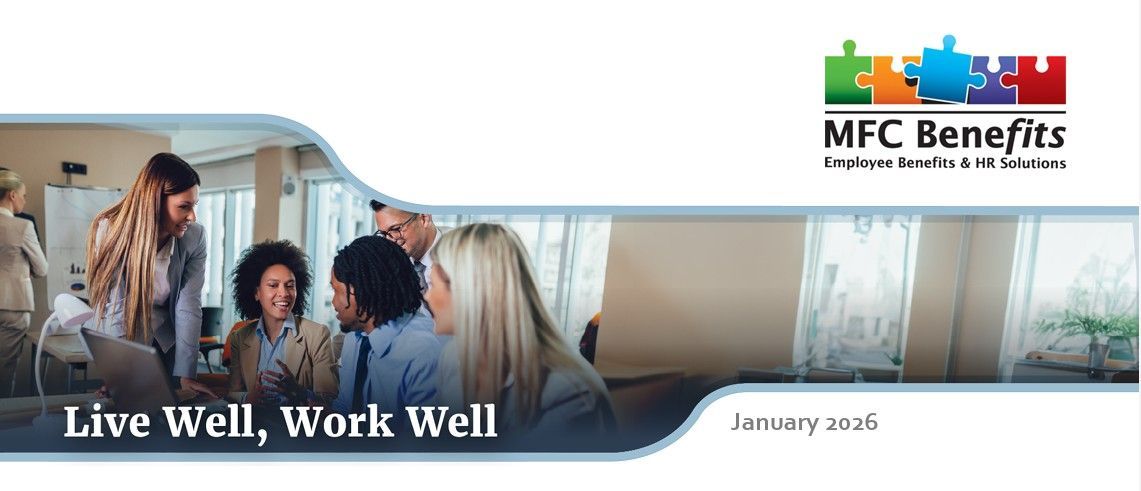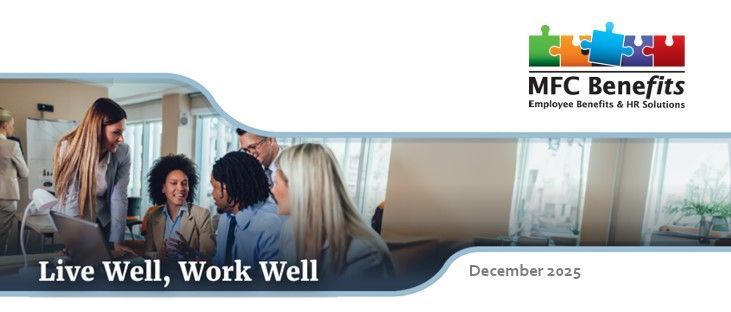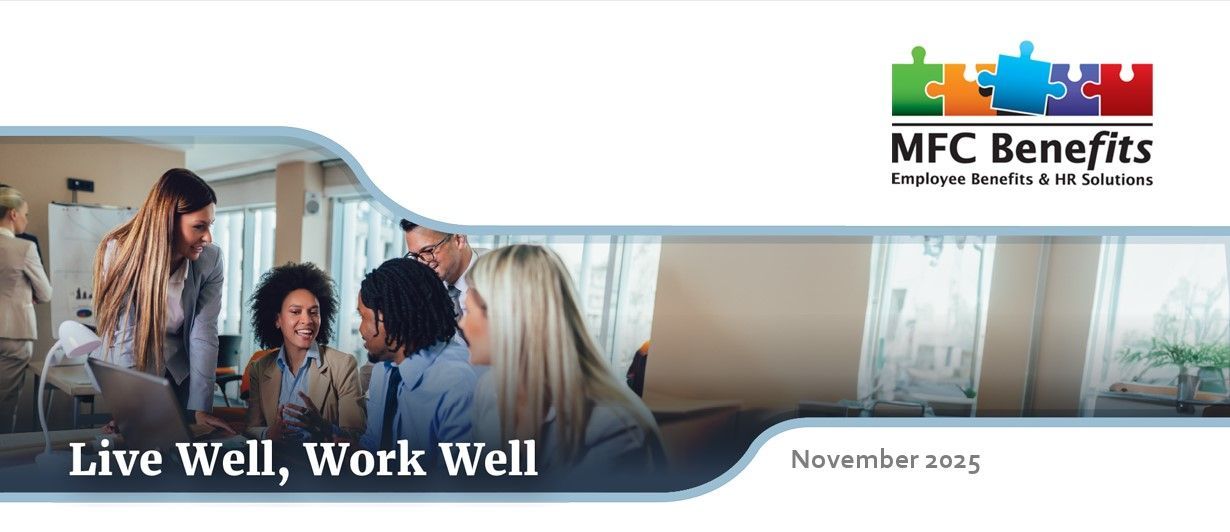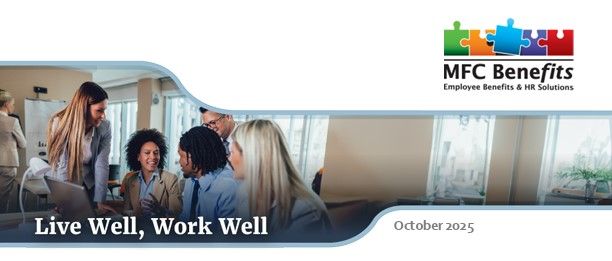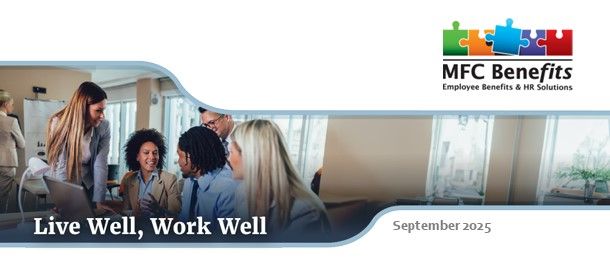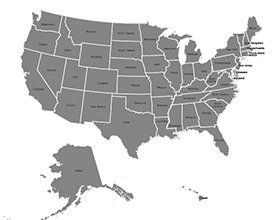Benefit Buzz - April 2025
Benefit tips brought to you by MFC Benefits, LLC

Learn more about class-action lawsuits that target health plan tobacco surcharges and the IRS issues ACA reporting guidance on individual statements.
CLASS-ACTION LAWSUITS TARGET HEALTH PLAN TOBACCO SURCHARGES
Numerous class-action lawsuits have recently been filed against employers alleging that health plan premium surcharges related to tobacco use violate federal compliance requirements. These lawsuits have been filed by current and former employees of major U.S. companies who have paid more in premiums due to their tobacco use, often hundreds of dollars more per employee per year.
Employers commonly require tobacco users to pay an additional charge for health plan premiums, whether they use cigarettes, cigars, e-cigarettes or smokeless tobacco. To comply with federal law, tobacco surcharges must be offered through a wellness program that meets the Health Insurance Portability and Accountability Act’s (HIPAA) nondiscrimination requirements.
In general, the lawsuits assert that the health plans violated HIPAA’s nondiscrimination rules by:
• Not offering a reasonable alternative standard to avoid the surcharge (or only applying the premium reduction on a prospective basis after completing the alternative standard)
• Not describing the availability of the alternative standard in all plan materials
The lawsuits request various forms of relief, including reimbursing employees who paid the surcharges with interest, disgorging any benefits or profits, and paying all attorney fees and costs.
Given the recent wave of litigation, employers that impose tobacco surcharges should review whether their wellness programs are administered in accordance with HIPAA’s requirements, including making available a reasonable alternative standard to qualify for the full reward and communicating the surcharge to employees in all materials.
IRS ISSUES ACA REPORTING GUIDANCE ON INDIVIDUAL STATEMENTS
The IRS has issued Notice 2025-15, providing guidance on the alternative manner of furnishing statements to covered individuals and full-time employees using Forms 1095-B and 1095-C in accordance with the Affordable Care Act’s (ACA) reporting requirements.
The Paperwork Burden Reduction Act, enacted at the end of 2024, provides that reporting entities are no longer required to send Forms 1095-B and 1095-C to covered individuals and full-time employees unless a form is requested. Essentially, IRS Notice 2025-15 confirms that employers can satisfy the alternative manner of furnishing Forms 1095-C upon request if they comply with the alternative manner of furnishing Forms 1095-B, which has been in effect for the past few years.
To take advantage of the alternative reporting method, IRS Notice 2025-15 confirms that an employer must post a clear and conspicuous notice on its website stating that individuals may receive a copy of their statement upon request. The notice must be posted by the furnishing deadline (e.g., March 3, 2025, for 2024 statements). It must include an email address, a physical address to which a request may be sent and a telephone number to contact the employer. Employers must retain the notice in the same location through Oct. 15 of the year following the calendar year to which the statement relates (e.g., Oct. 15, 2025, for 2024 statements).
In addition, any request must be fulfilled by Jan. 31 of the year following the calendar year to which the return relates or 30 days after the date of the request, whichever is later.
Employers must continue to comply with applicable state reporting requirements. The alternative furnishing method set forth in IRS Notice 2025-15 applies to federal reporting requirements.
Provided to you by MFC Benefits, LLC
© 2025 Zywave, Inc. All rights reserved
Download the PDF copy here.
